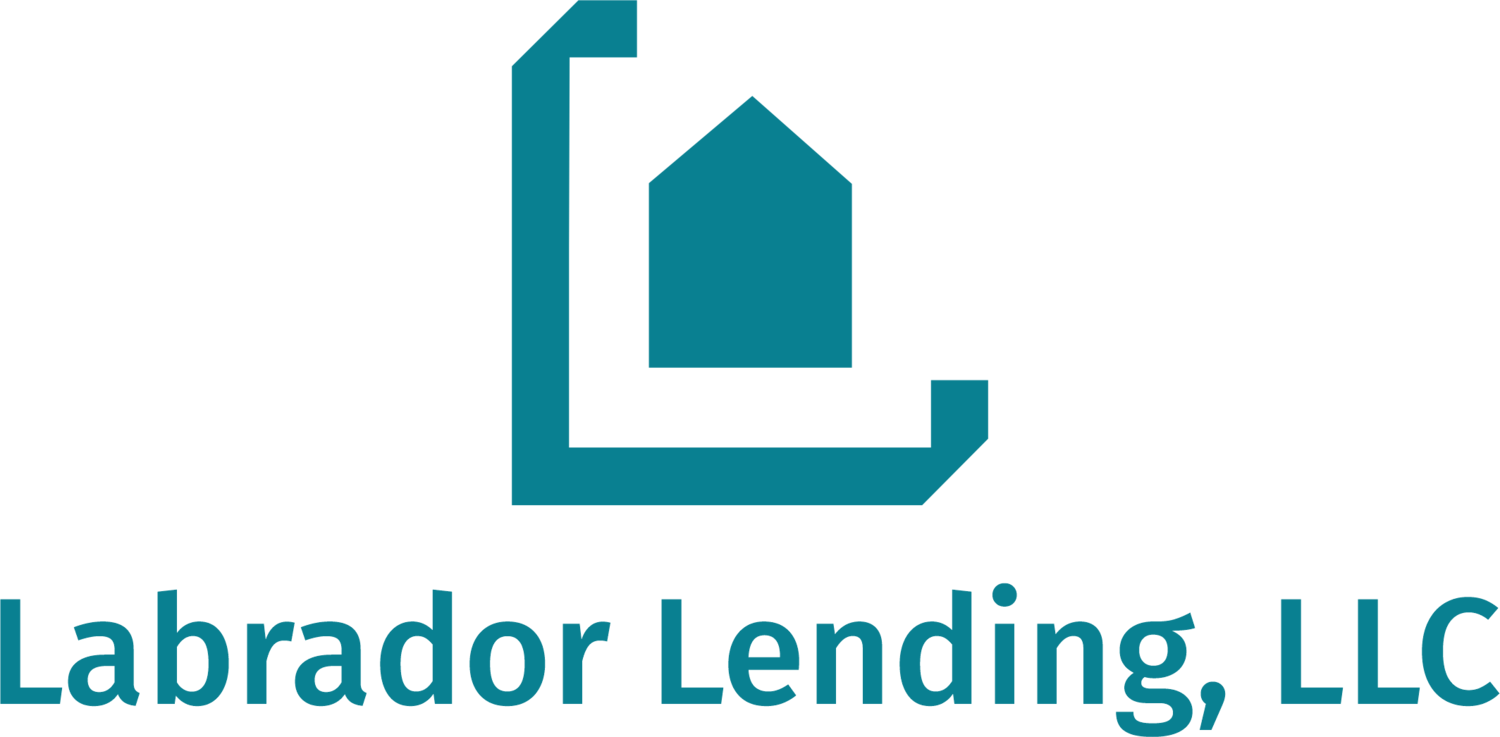#1 – discounted pricing
Both performing and non-performing notes are almost always sold at a discount. What does that mean? It means that if the principal balance of the note is $100k, you may be able to purchase the note for a value between $40k and $90k. Why is that? There are many factors at play here, but the primary reason for the discount is risk. A note is simply a promise to pay, and the fact is, sometimes promises are broken. The bright side is, however, that as a note investor, you can typically purchase a note for less than the amount the borrower owes.
#2 – collateral
How does the note buyer mitigate the risk mentioned above? For first-position, mortgage notes, this is done primarily through using the property as collateral. If you purchase a note for $50k, and the home is worth $150k, your investment should be well protected. Moreover, the borrower is typically more motivated to keep paying if they have built up equity in the property. The last time I checked, stocks have no collateral.
#3 – diversification
How many of us simply sign up for our employer’s 401(k) plan, invest in stocks and bonds that we don’t know much about, and hope for appreciation. Make no mistake, Wall Street has had a great run for the last decade-plus, but history shows this cannot last.
Why not diversify some of your investment funds into an asset class that is not tied to the volatility of the stock market? It is easy to move IRA or 401(k) funds over to a self-directed IRA to invest in something a little less “traditional.” (See my blog post on investing through self-directed retirement accounts.)
#4 – control
When was the last time you sat in on the board-room meetings at Apple and had influence over the company’s operations? Right. Well, with mortgage notes, you can thoroughly evaluate the asset you buy and then you can decide the prudent steps to take to manage it. Yes, this can be a bit more work than investing in stocks, but everything has a trade-off. I like having some control over my future.
#5 – multiple exit options for each asset
One of the best things about investing in mortgage notes is that you typically have several options for exiting a deal. When exiting a stock investment, you have one: sell the stock. With rental properties, there still aren’t as many exit routes as there can be with notes.
With performing notes, you can hold the note for cash flow, sell a partial to another investor, or sell the whole note. The borrower may even refinance, providing you with an immediate profit. Non-performing notes can also be profitable. Here are five ways to profit from non-performing notes.
#6 – numerous strategies
Like real-estate investing, in general, there are many angles from which one can approach note investing. You can decide to invest through: seller financing transactions, land contracts, institutional notes, firsts, seconds, performers, non-performers, commercial notes, hard-money loans, and note funds, just to name a few. This may seem overwhelming at first, and we choose to stay rather focused with our business model. However, market conditions do change, and it is always better to have options.
#7 – opportunity on the horizon
While I do not think we will see a mortgage crisis like we did in 2008, there are some signs of a new correction on the horizon. (See this report.) When a correction happens, banks and hedge funds will be more inclined to sell off non-performing and sub-performing loans. When supply goes up, prices normally go down. Mortgage notes will become less expensive, and the potential returns will increase.
#8 – ability to scale
You can certainly buy one or two mortgage notes and leave it at that. You can even decide to be more passive and partner with a more experienced note investor. Or, you can treat this like a business. Once you have systems and vendors in place, there is no reason you can’t replicate the process many times over.
The business of note investing essentially boils down to three things: finding notes (deal flow), finding money (sometimes partners or other investors), and managing your notes and your money. There can be a lot of moving parts, for sure; it certainly requires work. But note investing absolutely lends itself to scaling.
#9 – capacity to invest from anywhere
Although out-of-town rental-property investing has gotten more popular recently, the investor still needs to be sure they have a quality team in the area of the property. With note investing, however, you are not managing the property. Although you certainly want to have contacts in place (attorneys, realtors, inspectors, etc.) in the event that you need them, the note business—in general—is simply more passive than rental-property investing is. (See my blog post comparing these two strategies.)
With notes, you can invest anywhere in the country, wherever the numbers make sense. As long as you have phone and internet access, you can invest in notes.
#10 – no tenants or toilets
Although I would not consider note investing to be 100% passive (few things are), it generally requires less hands-on, active work and management than being a landlord does. While I believe in the long-term power of rental-property investing, being the lender comes without the headaches of tenants and toilets. Do you own a home with a mortgage? When was the last time you called your lender in the middle of the night?
Bonus – impact investing
To read how the borrower can benefit from your becoming the lender, see point #3 here: What Note Investing Can Do for You.





